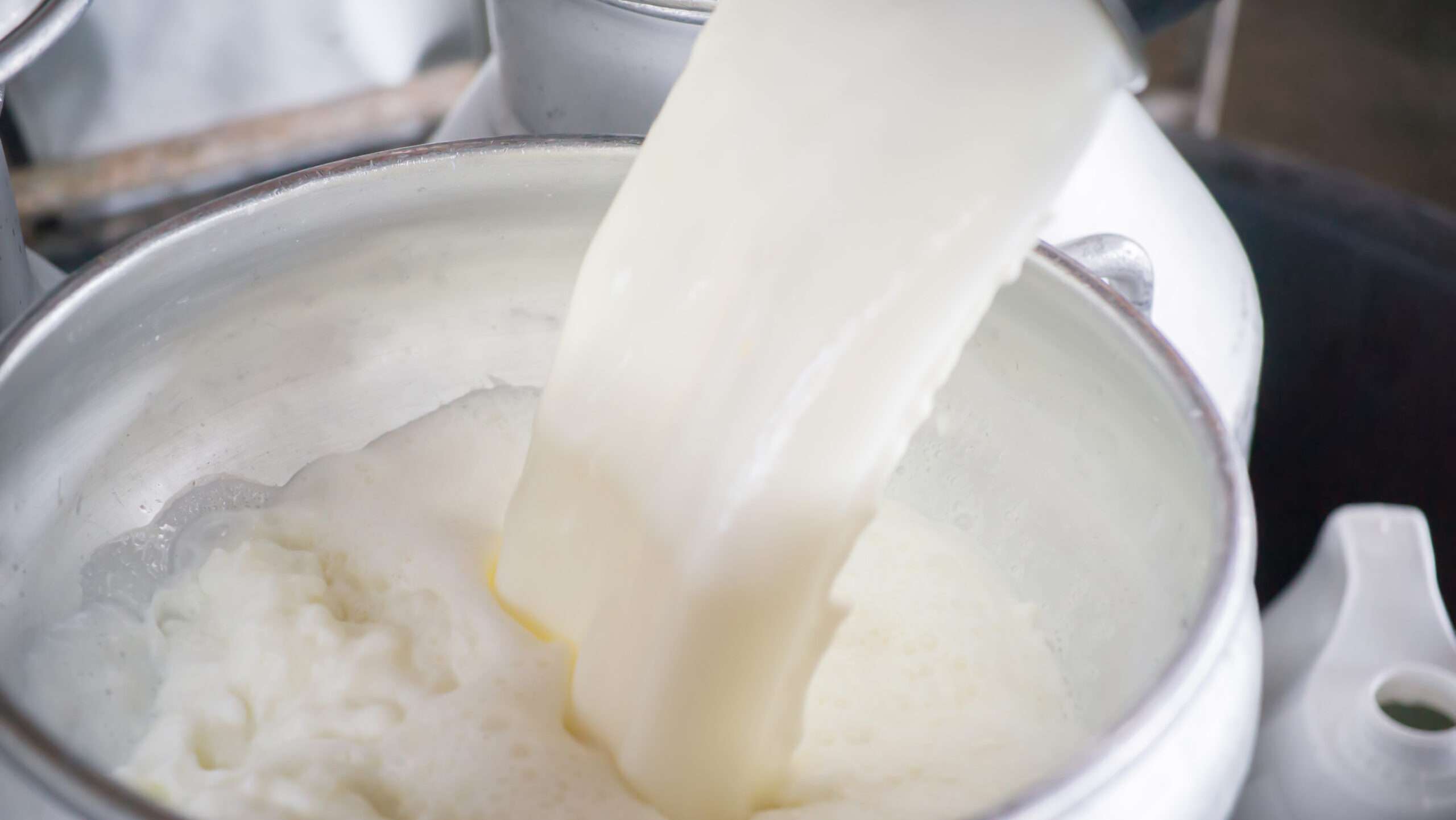The American media is abuzz with news of President-elect Donald Trump’s nomination of Robert F. Kennedy Jr. to lead the Department of Health and Human Services (HHS). Kennedy’s controversial views on vaccines, fluoride in water, and raw milk have sparked discussion across the country. His nomination may be the catalyst needed to push for the legalization of raw milk.
Before the late 1800s, raw milk was simply known as “milk” and was the primary choice for Americans. However, the discovery of the benefits of pasteurization led to a shift towards heated milk products. Pasteurization was seen as a breakthrough in public health after reports of babies dying from bacteria in milk.
This led to state and local mandates requiring pasteurization of milk, with a federal ban on interstate raw milk sales imposed in 1987. However, the rise of the organic food movement transformed raw milk into a favorite among both the political left and right.
Raw milk has gained popularity among GOP legislators and regulators in recent years, aligning with a deregulatory appeal and a growing skepticism of credentialed expertise. The push for raw milk legalization has gained momentum, with several states passing laws in favor of raw milk.
Despite concerns about the safety of raw milk compared to pasteurized milk, proponents argue that it is not uniquely dangerous when compared to other legal foods. With the potential support of both GOP and Democratic lawmakers, there is a possibility of overturning the federal ban on raw milk.
The nomination of RFK Jr. and the rumored appointment of Rep. Thomas Massie as Secretary of Agriculture could signal a significant shift in raw milk policy. As the debate continues, the future of raw milk legalization remains uncertain but potentially on the brink of change.





